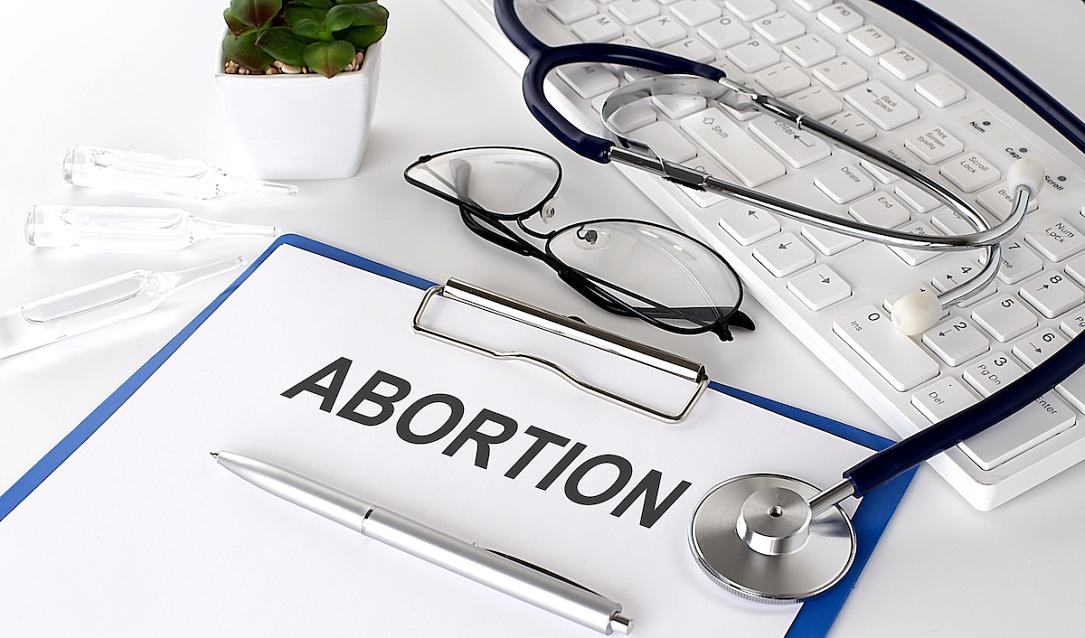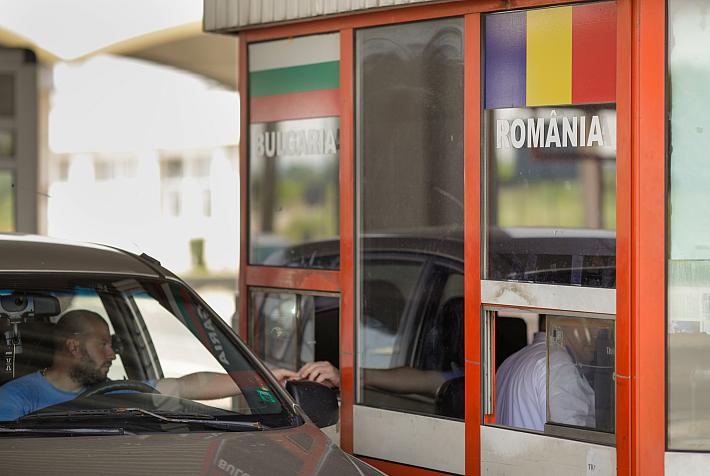Two out of three on-demand abortions in Romania done in the private system

More and more public hospitals no longer offer patients the opportunity to have an abortion on demand, citing religious or moral reasons, a decision by the management, or the Covid-19 pandemic, forcing women to resort to the costly private system.
Thirteen of Romania’s 41 counties reported zero abortions on demand in the public health system in the first half of 2022. Nationally, two out of three abortions on demand are done in the private system.
The numbers speak for themselves. 6,728 abortions on demand were performed in Romania in 2021: 2,597 were performed in public hospitals, the other 4,131 in private clinics and offices, where the price of an abortion can reach RON 4,500 (EUR 914). By comparison, abortions in the public system cost between RON 1,000-1,200 (EUR 203-244). The pills necessary for abortion can also cost around RON 600 (EUR 121).
In three counties (Olt, Hunedoara, and Vâlcea), women cannot access abortions on demand either in the public health system or in the private one. The situation has led to more than 300 Romanian women resorting to dangerous abortions outside of the medical system in the last three years.
“We have had situations in which rape victims were turned away by 4-5 hospitals,” Andrada Cilibiu, an expert in sexual and reproductive rights at the FILIA Center, told HotNews.
Even if it is available, the higher price for on-demand abortions in the private system impacts the most vulnerable women, namely those from poor communities, Roma women, and refugees. This is why 250 NGOs and associations from Romania and around the world asked the minister of health and the National Health Insurance Fund (CNAS) to cover the cost of on-demand abortions.
The NGOs say that control over one's own body is the foundation of democracy and that the measure will save the lives of women who could not otherwise access safe abortions. Other EU states like Belgium, Denmark, Finland, France, Greece, Italy, and Spain, among others, already cover on-demand abortion in their national health services.
“We don't want women to have to use abortion as contraception either, but we have to offer them this service when they need it and if there is no other way. Women will still have abortions, no matter how persuasive anti-choice organizations are, and no matter the obstacles that hospitals and state institutions put up. The most important thing is, will these abortions be done safely?” concluded FILIA’s Andrada Cilibiu.
Romania’s communist regime made abortion illegal in 1966. Reports say the ban caused the death of over 10,000 women. Another 100,000 experienced complications while trying to induce a miscarriage. Over 120,000 children were abandoned in state-run, squalid orphanages.
(Photo source: iryna_drozd | Dreamstime.com)













